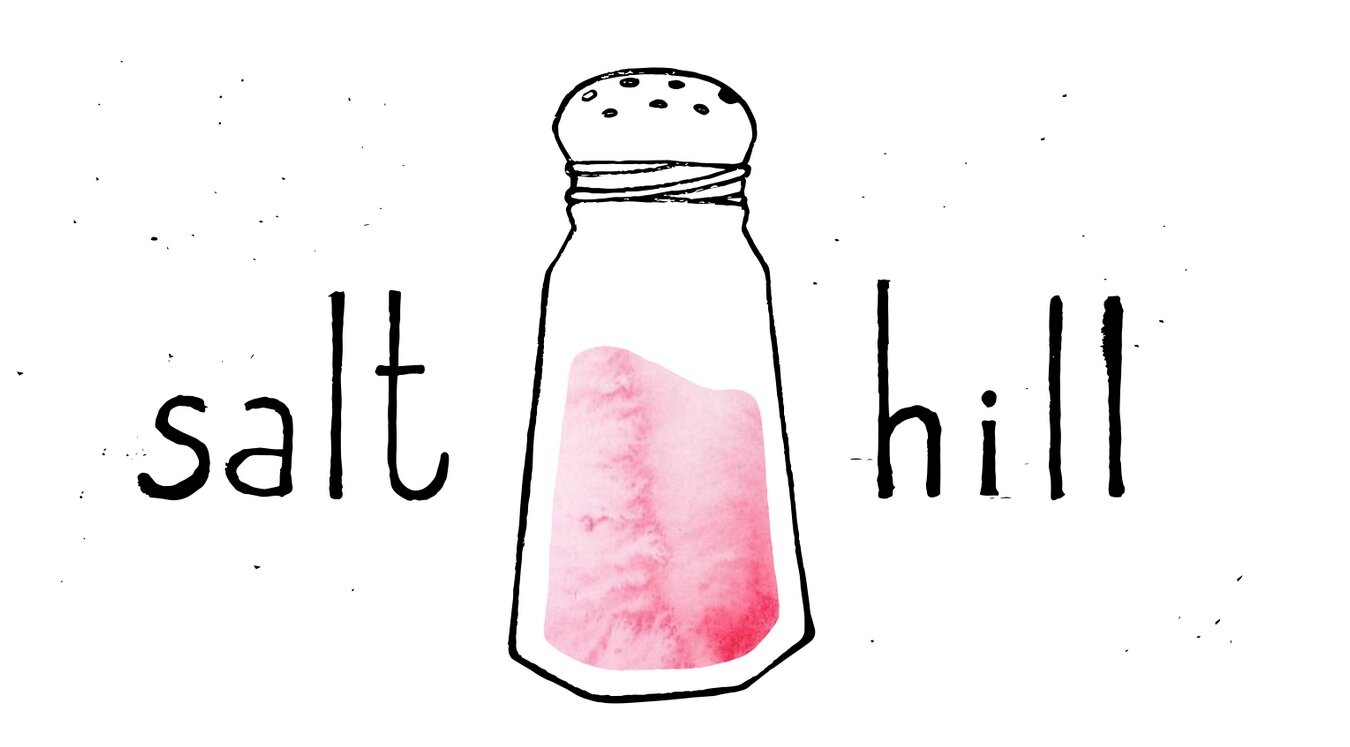From salt water to falling air: A review of Emma Hine's STAY SAFE
Emma Hine’s debut poetry collection, Stay Safe, begs the borrowed question of Brigit Peegen Kelly’s “What was the harm?” and translates its meaning to “From what dangers do we need to be protected?” Hine’s selection of Kelly’s phrasing and syntactical structure for the poem “Selkie” is an indication, if not proof, of the vulnerability of this text. The poem “Shelter” implores this vulnerability, as well as the imperative collection title, most explicitly. Stay safe from what? And with whom? The poem’s own title perhaps intends to offer a solution: “Shelter” is the only way to keep danger out.
Stay Safe is a reliquary for family myth, both in its existence and its invention. The remarkable narrative that powers these poems is characterized by the peculiar nature of sisterhood, following a trio of sisters and their mother, preserving their childhood together on “an island where winter / never comes.” There is danger against every background put up by the landscape of Stay Safe. The island, like any habited place, has a history that charms, but is not without sorrow—the leading man of “Flight Path” driven into the bottom of the ocean to be “ribboned” away by scavengers, a neighbor found in the lake with cut wrists like flowers, the girls’ great-grandfather “cho[osing] to be careless with body that someone else loved,” a tumor for their mother, and a grandmother whose grief is so profoundly expansive and intact that it can only be imagined by even those with whom some of these losses are shared. The treachery of the tangible world is countered by Echo’s (the oldest of the three Hotel sisters) almost chimeric world-building, making Stay Safe a collaboration between island and resident. She recontructs the events taking place against her physical background in an attempt to interpret for her sisters a world without grief.
“Fear comes alive in the speaking of them. / The same surge could trip us all.”
What is most resilient about Stay Safe is the self-perpetuating cycle of nurture that is explores. Hine’s Hotel sisters represent a familial relationship that is rarified and unerring—a sisterhood. Because the collection is synthesized for the reader through Echo’s protective fantasy, we are permitted some small intimacy. We are also being protected “at the edge of the piney woods”; with Echo serving as the loving father of the aforementioned “Shelter,” and we receive these brilliant poems as the children received the slat-eyed goat.
The life on the island, as spun by Hine, mirrors the landscape's own constant shift from salt water to falling air, the capabilities of both “Red Planet” and “Big Blue”, as well as what is necessary for success within these realms—wings and glittering claws, a name to flare above bad weather, and “that little button of hope [that] springs up in your sternum no matter how many times it’s been pressed.” The narrative explores this reflection by situating a concrete voice in a vague nautical locale: terribly lonely at times, and so sweetly murky, like the sunless bottom of the sea.
Stay Safe is a crochet of excavation and design. As surprising as bird-eating whitetails, Emma Hine’s imaginative appetite bewilders and delights. The poet teaches us that we can become something more, something other, both with and against protection, but not without extraordinary curiosity and the willingness to be transformed—the reader may take her pick from raccoon carcass, dilapidated house, a living room floor turned garden bed, or shark-bitten great uncle. The deliberately dreamy, ominous and introspective poems that have come together to create Stay Safe are the things that “say the land [is] looking back.”
Grace Sutphin is originally from Greenville, South Carolina, but currently lives in Louisville, Kentucky. She was awarded second place in Sarabande Books’ 2020 Flo Gault Poetry Prize, and fourth place in the second annual Poetry Derby hosted at Churchill Downs. Her work has been previously published in Poet Lore, Salt Hill Journal, and elsewhere.

